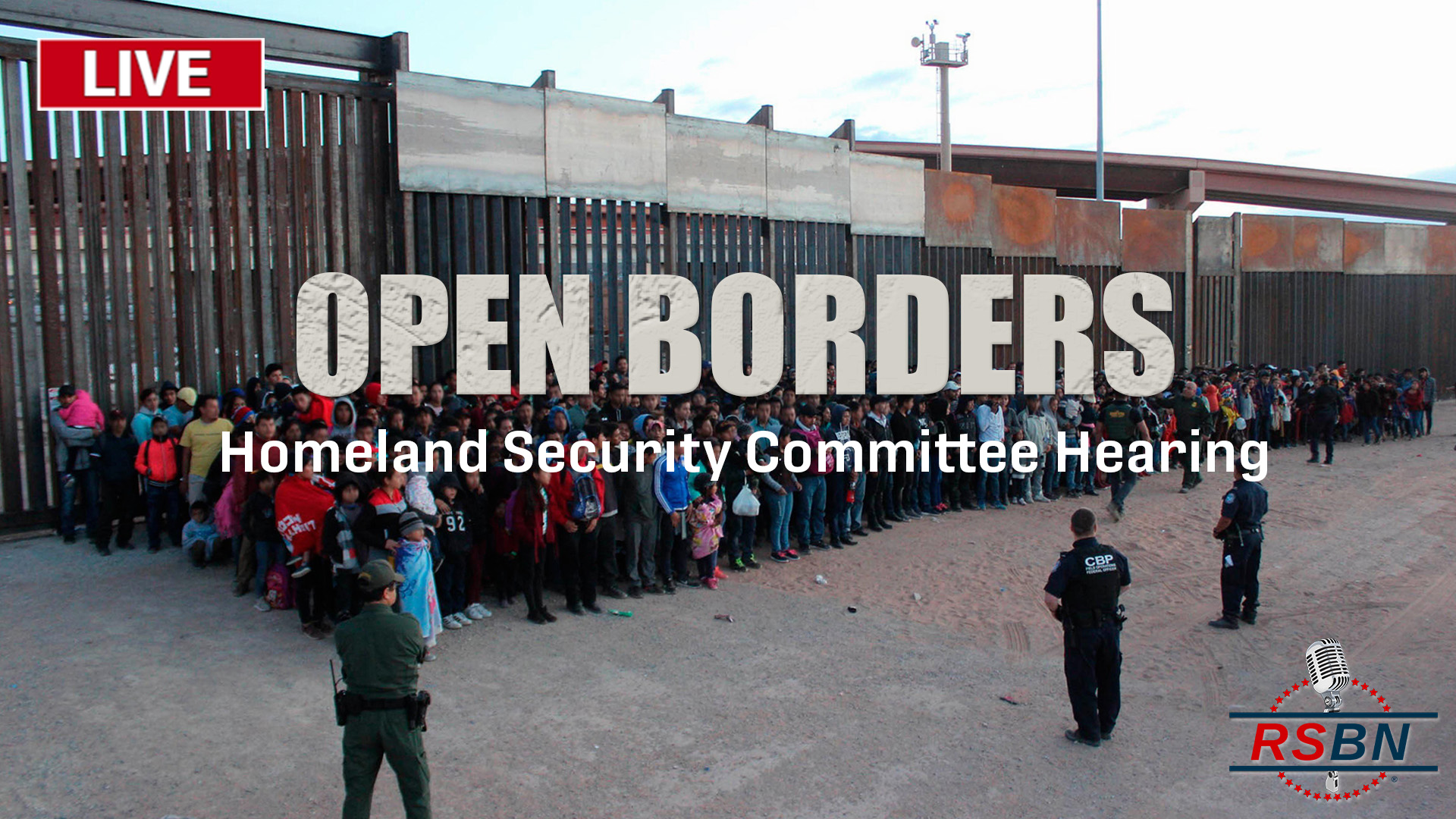Throughout history, the concept of borders has served as both a physical and psychological delineation of identity, culture, and nationalism. Observing the challenges and triumphs of open immigration policies invites deeper reflections, particularly from a Baha’i perspective. The Baha’i teachings, grounded in the oneness of humanity and the destruction of prejudices, advocate for a world without borders—one where individuals can traverse geographical boundaries freely, united in their shared dignity and purpose.
The evolving conversation around immigration often oscillates between fear and acceptance, with many individuals wrestling with concerns about security, economy, and cultural cohesion. This paradox emerges from a common observation: while barriers are instituted to protect distinct identities, the allure of connection and shared humanity remains profound. From a Baha’i lens, these tensions are not merely logistical; they illuminate the deeper socio-spiritual evolution necessary for humanity to embrace a pluralistic existence.
Central to Baha’i thought is the principle of unity in diversity. This tenet recognizes the inherent value in diverse cultures, traditions, and perspectives. Rather than homogenizing human experience into a singular narrative, Baha’i teachings advocate for an appreciation of differences, suggesting that it is through the mingling of varied backgrounds that humanity can achieve greater understanding and collaboration. The intentional fostering of open immigration flows allows cultures to intermingle, encouraging dialogue and cooperation. This dynamic exchange paves the way for a richer, more nuanced world.
Moreover, the concept of open borders resonates with the Baha’i vision of global governance. Abdu’l-Baha, the son of the Baha’i Faith’s founder, emphasized the importance of universal peace and the abolition of all forms of prejudice. In a world where borders are rendered obsolete, individuals are not defined by territorial limitations but instead by their divine potential and contributions to society. This vision aligns with the notion that humanity is one large family, wherein individuals possess an innate responsibility to support one another regardless of their geographic origins.
Several Baha’i writings articulate the interconnectedness of all peoples, highlighting that fostering relationships beyond borders cultivates a broader sense of solidarity. As societies become increasingly interdependent, the challenges they face—whether climate change, economic disparity, or social justice—demand collaborative solutions transcending nationalistic ambitions. Embracing open immigration is a practical manifestation of this unity, enabling diverse groups to collectively tackle shared adversities while fostering a global community.
In this milieu, it is essential to grapple with the concept of identity. Open immigration practices inherently challenge traditional notions of nationality and belonging. Human beings often derive a sense of identity from their homeland, yet Baha’i perspectives urge a re-examination of these attachments. Identity, in a Baha’i context, should encompass broader affiliations—those grounded in shared values, beliefs, and aspirations rather than restrictive geographical boundaries. Recognizing humanity’s interconnected essence leads to the establishment of global identities that celebrate both personal histories and collective aspirations.
Nevertheless, the application of open immigration policies must include vigilant considerations of justice and equity. In an ideal world painted by Baha’i ideals, the movement across borders would not exacerbate existing disparities; rather, it should cultivate opportunities for all. The fundamental principle of justice necessitates that as barriers dissolve, safeguards and support systems are established to ensure that the vulnerable are protected and that the benefits. Sufficient infrastructure, support services, and a resounding commitment to equitable treatment should underpin immigration frameworks to realize the vision of a global society.
Another pertinent aspect of the Baha’i view on open borders pertains to education and enlightenment. Immigration fosters the exchange of knowledge, perspectives, and innovations, thereby enriching the global educational fabric. The Baha’i teachings prioritize the acquisition of knowledge, positing it as a vital force for social betterment. Cultivating an environment where individuals from varying cultural backgrounds converge benefits not only the hosts but also the newcomers, leading to transformative learning experiences that capitalize on diversity as a pedagogical tool.
Furthermore, compassion serves as a pivotal value within Baha’i teachings, underpinning all interactions. Open immigration can often be met with hostility and xenophobia, necessitating a reorientation toward empathy. The call for compassion invites individuals to recognize the struggles faced by those who migrate, often stemming from dire circumstances including war, poverty, and persecution. By fostering a culture of empathy towards immigrants, societies not only uphold the dignity of every individual but also contribute to the creation of harmonious communities built on trust and understanding.
In conclusion, while contemporary debates surrounding open immigration evoke a wide range of sentiments, a Baha’i perspective offers a clarion call for unity, empathy, and collective action beyond borders. Embracing the principles of oneness, justice, and compassion paves the way for a global society that acknowledges and celebrates diversity, empowering individuals to contribute meaningfully to the world. As humanity collectively navigates the complex realities of globalization, the Baha’i teachings beckon us to transcend the limitations of nationalism and to recognize the profound potential of interconnectedness in shaping a better future for all.
